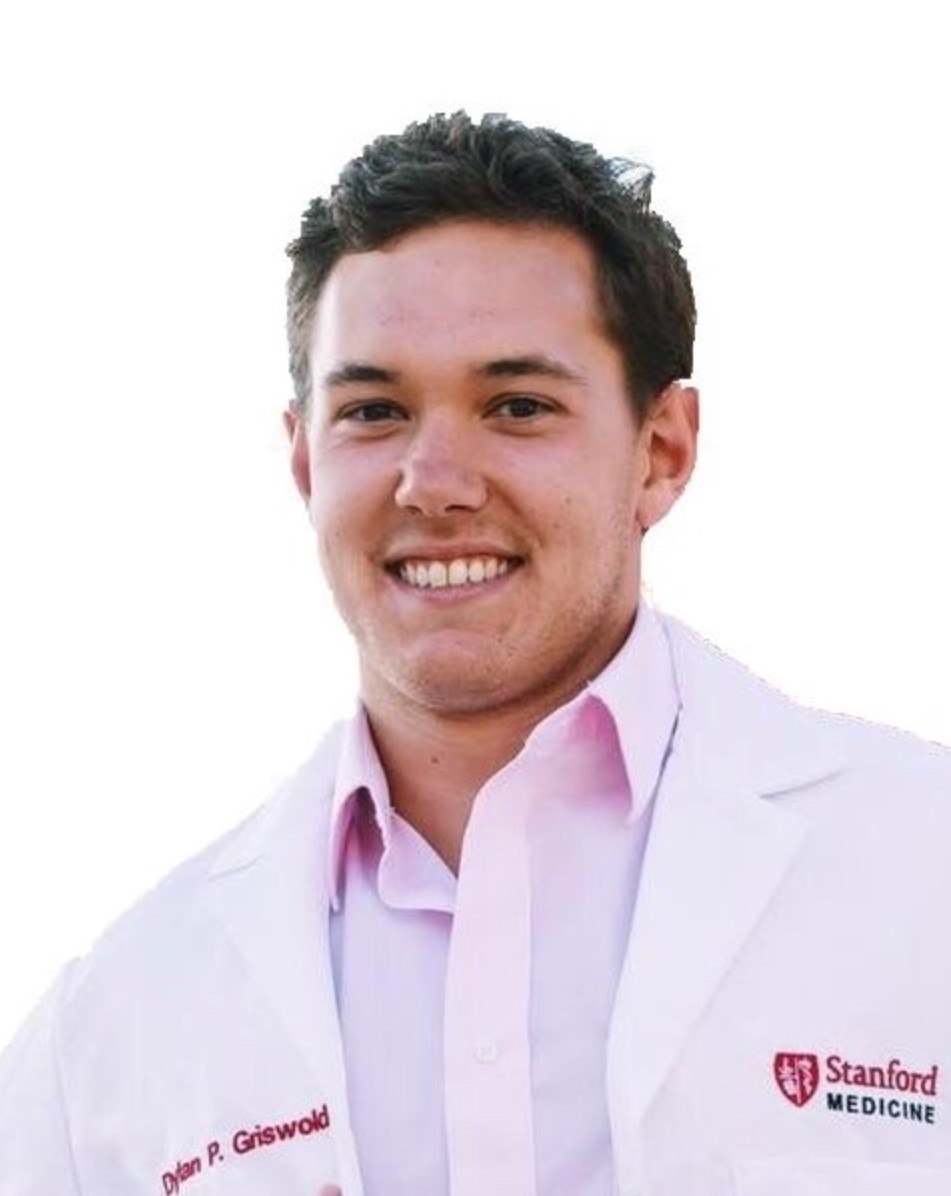
Image from Wiki Commons and Darpa courtesy of Massachusetts General Hospital and Draper Labs
Dylan Griswold leads a study which shows that published research on neurosurgery for brain injury is heavily weighted towards wealthier countries.
Given the substantial differences in health resources, infrastructure, technology, medical personnel, and environmental factors that exist between high-income (HIC) and low- and middle-income countries (LMICs), making decisions about healthcare delivery in LMICs requires a different evidence base
Dylan Griswold
Nearly 75% of published neurosurgical trials are led by the world’s richest countries, with only 8%, excluding China, being led by lower income countries, according to a new study, which highlights how healthcare guidelines for people with head injuries is skewed towards countries with the most resources.
The study, led by Gates Cambridge Scholar Dylan Griswold and published in the journal Neurosurgery, also shows that industry funding was the major funding source for higher income country-led studies while only 4% of studies led by low and middle income countries were industry funded. Most studies in LMICs were funded by academic institutions which, the researchers say, means an increase in government investment in those institutions is essential for local research.
Around 69 million people suffer from traumatic brain injury every year. The vast majority are in LMICs, where 85% of the world’s population live. The healthcare systems in LMICs have to deal with nearly three times as many cases as those in HICs. The limited data that exists suggests that LMIC patients have over twice the odds of dying following severe traumatic brain injury in addition to a greater degree of disability, making it increasingly important that adequate resources are devoted to neurosurgical care.
The new study was based on neurosurgical randomised clinical trials (RCTs) conducted between 2003 and 2016 and sought to compare design characteristics and methodology, source of funding and intervention studied between trials led by and/or conducted in HICs and LMICs. It found that not only were there far more studies led by HICs, but that those led by LMICs tended to be smaller and focused on a single test centre. The results show the need for more research in LMICs to ensure international guidelines on neurosurgery take account of the different contexts in which neurosurgeons are operating.
Griswold, who is doing a PhD in Clinical Neurosciences [2019], says: “A neurosurgeon in Nigeria has little use for neurotrauma guidelines that assume access to MRI and surgical navigation when the nearest CT scanner is 900km away. Given the substantial differences in health resources, infrastructure, technology, medical personnel, and environmental factors that exist between high-income (HIC) and low- and middle-income countries (LMICs), making decisions about healthcare delivery in LMICs requires a different evidence base.”
The researchers would like to see neurosurgeons and researchers from HICs who are interested in advancing global neurosurgery developing equitable partnerships with neurosurgeons and researchers from LMICs and working with policy makers and funding agencies to create sustainable research capacity in LMICs.
They point out that the UK’s Department of Health has allocated more than 2.3 million pounds to establish the NIHR Global Health Research Group on Neurotrauma. The Group is composed of clinicians and researchers from 11 LMICs and three HICs with the aim of creating centres of excellence with research programmes directly focused on improving disparities in neurosurgical care. The Group has also partnered with the British Medical Journal Research to Publication programme to disseminate research findings in addition to providing online education in methods of research for all participating institutions.
They state: “Understanding the gap and difference in neurosurgical research between LMICs and HICs is a critical step in ensuring best-practice, evidence-based guidelines tailored to LMICs are developed appropriately. An evidence-based approach to healthcare provides state and non-state actors with the tools necessary to guide public health policy decision-making.”

Dylan Griswold
- Alumni
- United States
- 2019 PhD Clinical Neurosciences
- St John's College
I’ve wanted to become a doctor since third grade. Although I was pre-med at Williams, I was also playing baseball, and my aspirations to continue playing after graduation began to take priority. I went to San Francisco the summer after my sophomore year in preparation for a professional tryout, but I tore a ligament in my elbow, requiring two surgeries. Unable to pitch, I began looking for volunteer work. A mentor pointed me to an AIDS hospice home operated by Mother Teresa’s order of nuns. There, I learned how to care for patients, my Catholic faith informing my love for the one who lay beside me. The following summer, I went to Haiti, where I was struck by the almost non-existent access to neurosurgical care. After spending the following year in the neurosurgery lab at UCSF, my desire to become a neurosurgeon was born. I matriculated to Stanford for medical school and developed an interest in connecting clinical practice with research and policy, leading to summer research at WHO in 2017. This past summer, at Cambridge, my team focused on surgical management of neurotrauma in low-resource settings. I am tremendously grateful for the opportunity to continue working with the global neurotrauma team at Cambridge to develop best-practice guidelines for neurotrauma in low-resource settings. As an MD, PhD candidate, I hope to become an academic leader capable of managing complex neurosurgical disease in addition to affecting policy to improve universal access to safe and affordable surgical care. Finally, I give thanks to God, abandoning myself to His plan for my life.
Previous Education
Stanford University Doctor of Medicine Neurosurgery 2021
Williams College B.A. Chemistry 2015












